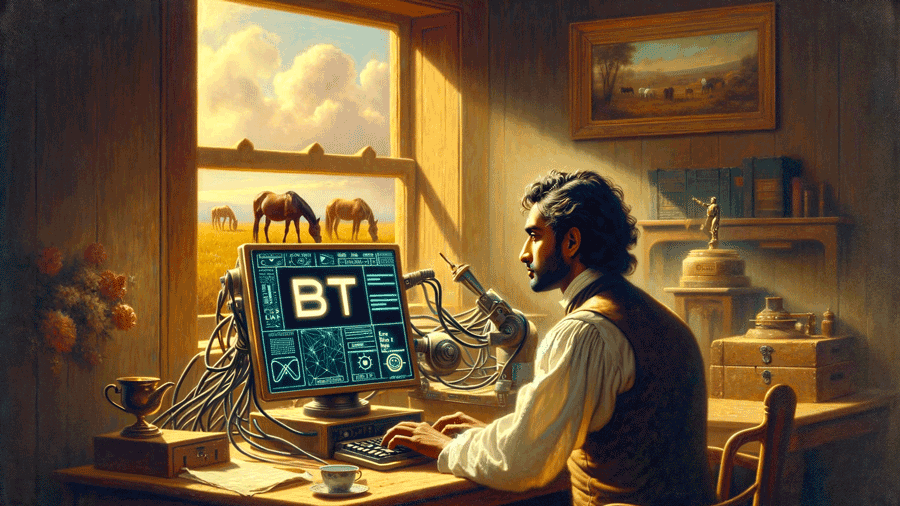As artificial intelligence (AI) technology advances, concerns about its potential impact on the labour market intensify. A recent paper by the Government Office for Science, “Future Risks of Frontier AI,” suggests that increased automation could lead to higher unemployment and poverty in the UK by 2030. Concurrently, companies like IBM and BT Group are planning significant job cuts, with AI playing a key role in these decisions.
Harmeen Mehta, BT Group’s Chief Digital and Innovation Officer, has expressed concern that the negative aspects of AI are overshadowing its benefits. Mehta, in an interview with Raconteur magazine, likened the technological evolution to the transition from horses to cars, suggesting that job transformation is a natural progression. She argues that the focus should be on the potential applications of AI rather than its perceived threats.
Creating a Startup Culture at BT
Mehta, who joined BT Group in March 2021, aims to modernise the company through BT Digital, a unit dedicated to digital transformation. Despite BT’s historical roots and missed opportunities in past technological shifts, Mehta is keen to embrace generative AI systems like ChatGPT. She emphasises the necessity of innovation for the company’s survival and is actively recruiting individuals with startup experience to inject entrepreneurial spirit into the organisation.
In line with this, Mehta’s unit is also tasked with achieving £1bn in savings as part of BT’s broader £3bn cost-reduction goal. This will involve improvements in productivity, reducing legacy system costs, minimising subcontractor use, and importantly, adopting generative AI.
AI as a ‘Call to Arms’ for Society
While acknowledging that AI adoption will impact many roles at BT, Mehta encourages retraining as a means to remain relevant. She cites the success of reskilling initiatives within BT, where employees from the Belfast call centre transitioned to roles in BT Digital, illustrating the effectiveness of reskilling with the right mindset.
Mehta urges British businesses to adopt a similar approach, focusing on the opportunities AI presents rather than the risks. She believes that for the UK to become a leading AI power, there must be a shift in perspective towards embracing AI, leading to innovation and the creation of new job types.
Union Concerns Over AI Integration
Mehta’s comments have sparked reactions, especially from union leaders, due to her comparison of workers impacted by AI to horses replaced by cars. This analogy, made during the same Raconteur magazine interview, has been criticised for its insensitivity towards workers facing job threats due to AI.
The deployment of AI, primarily in customer service divisions, is a key strategy for BT as it aims to reduce its workforce significantly by the end of the decade. The outgoing CEO Philip Jansen has noted the potential for substantial cost savings through this strategy.
Despite these plans, Mehta has accused the media of creating paranoia around AI, asserting that it hinders the country’s progress. She emphasises the need for collaboration between human and artificial intelligence, while also urging individuals to reskill to avoid being automated out of work.
In conclusion, the debate around AI and its impact on jobs continues, with industry leaders like Harmeen Mehta advocating for a balanced view that recognises both the challenges and opportunities presented by this evolving technology. As AI reshapes the workforce, the emphasis on adaptation, reskilling, and innovation becomes increasingly vital for businesses and workers alike.






